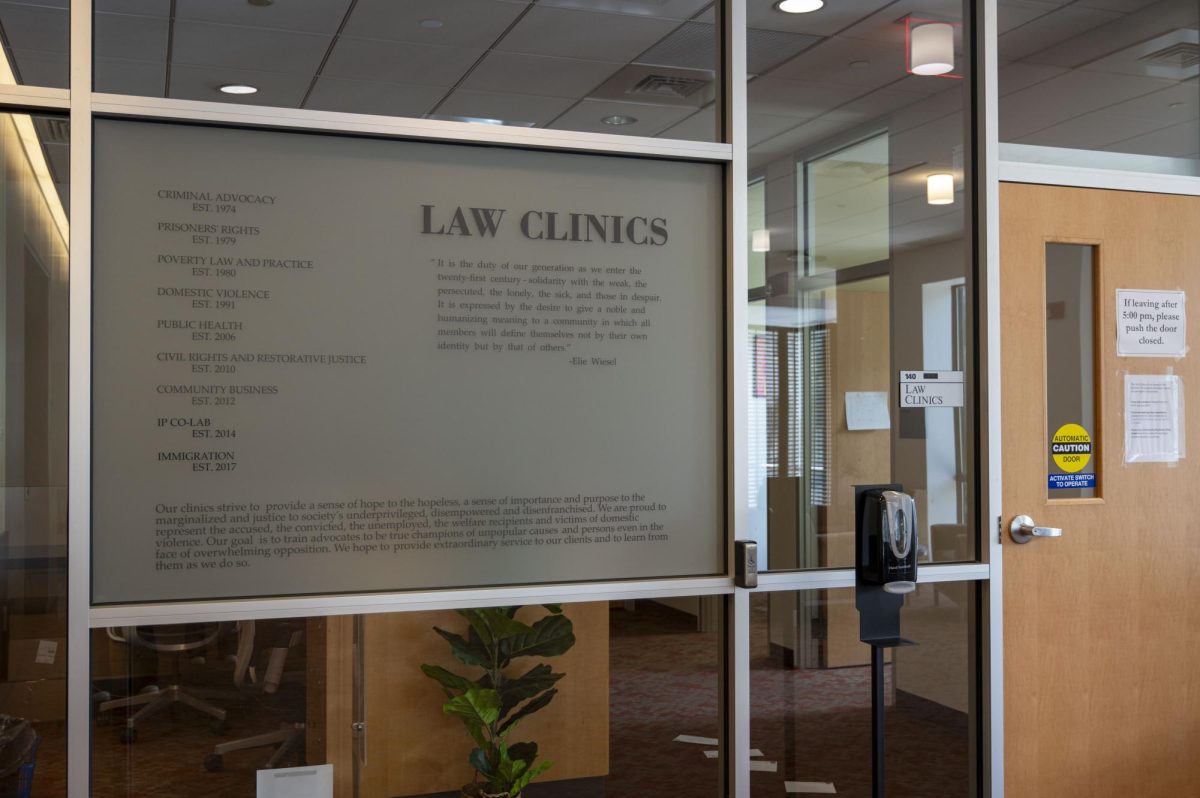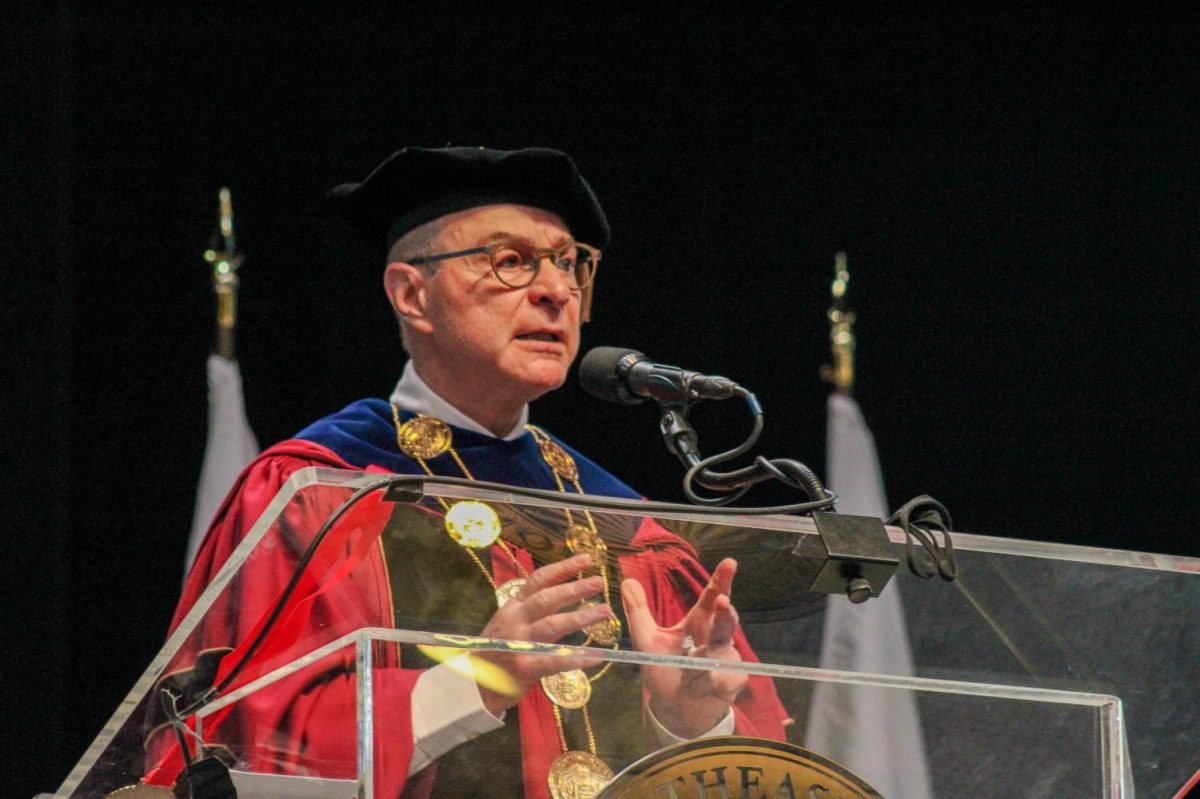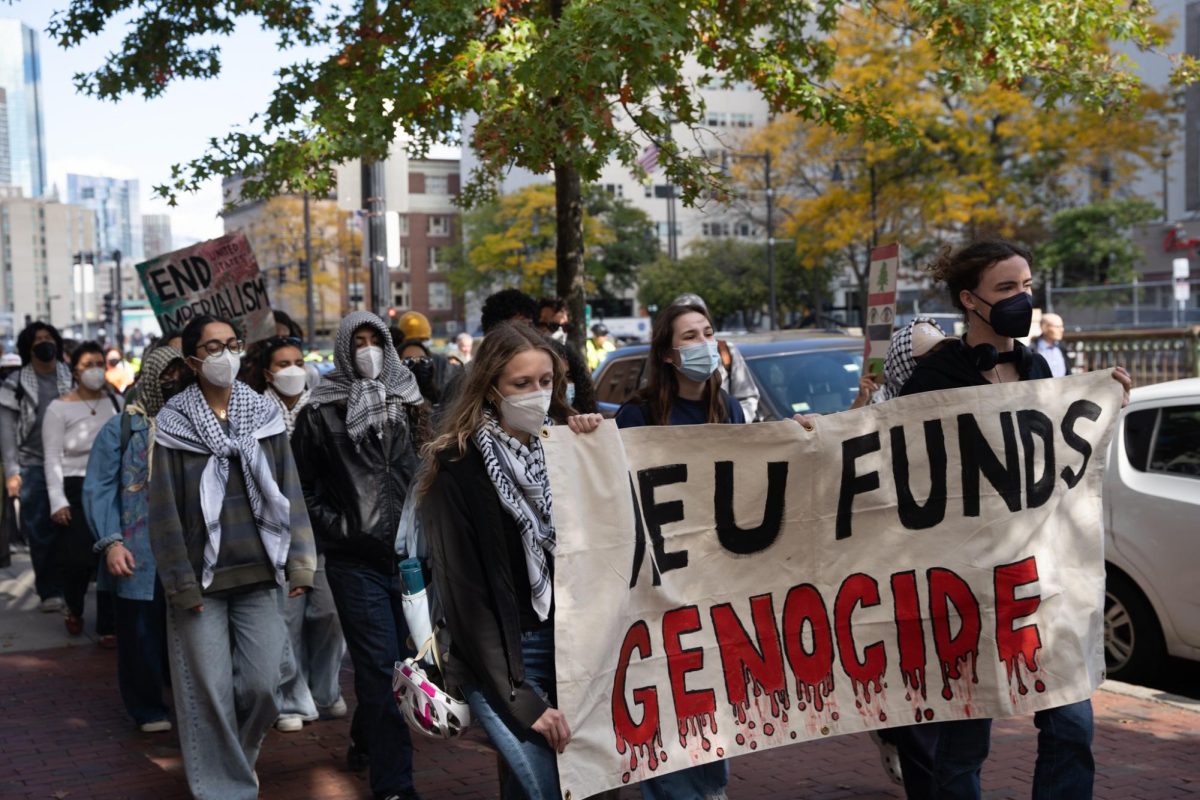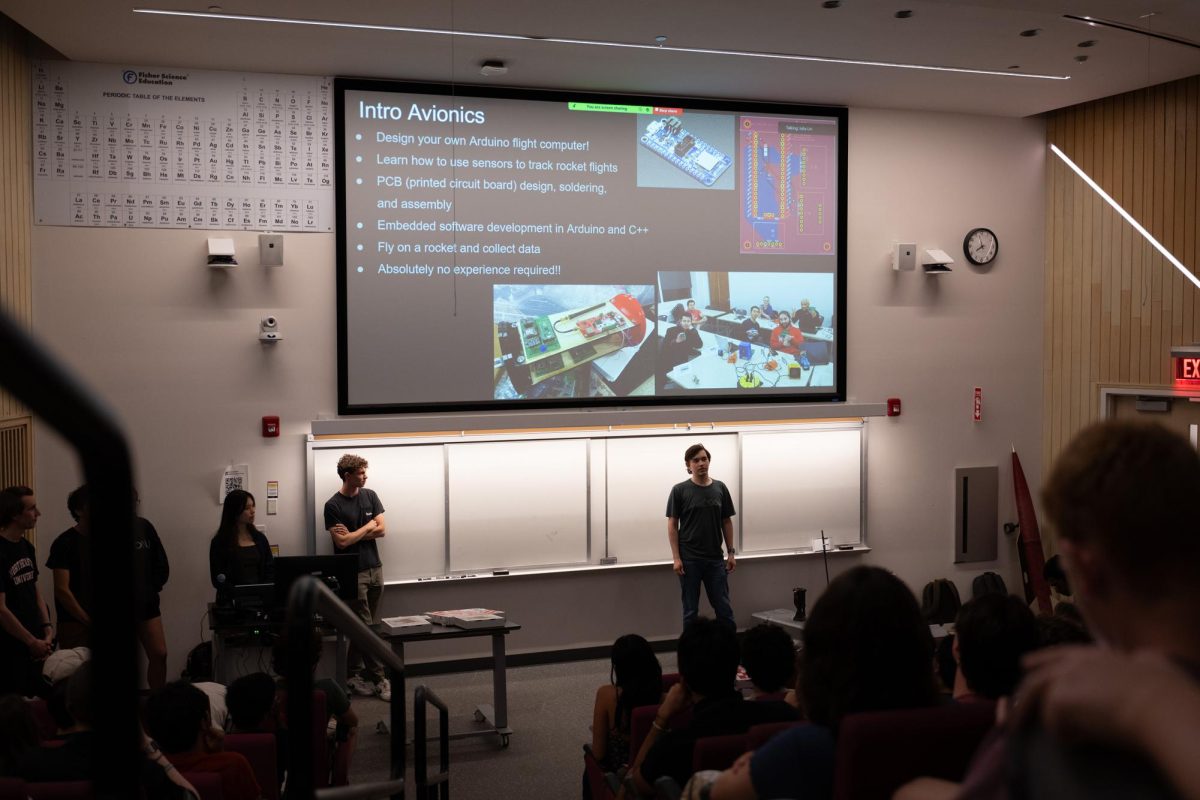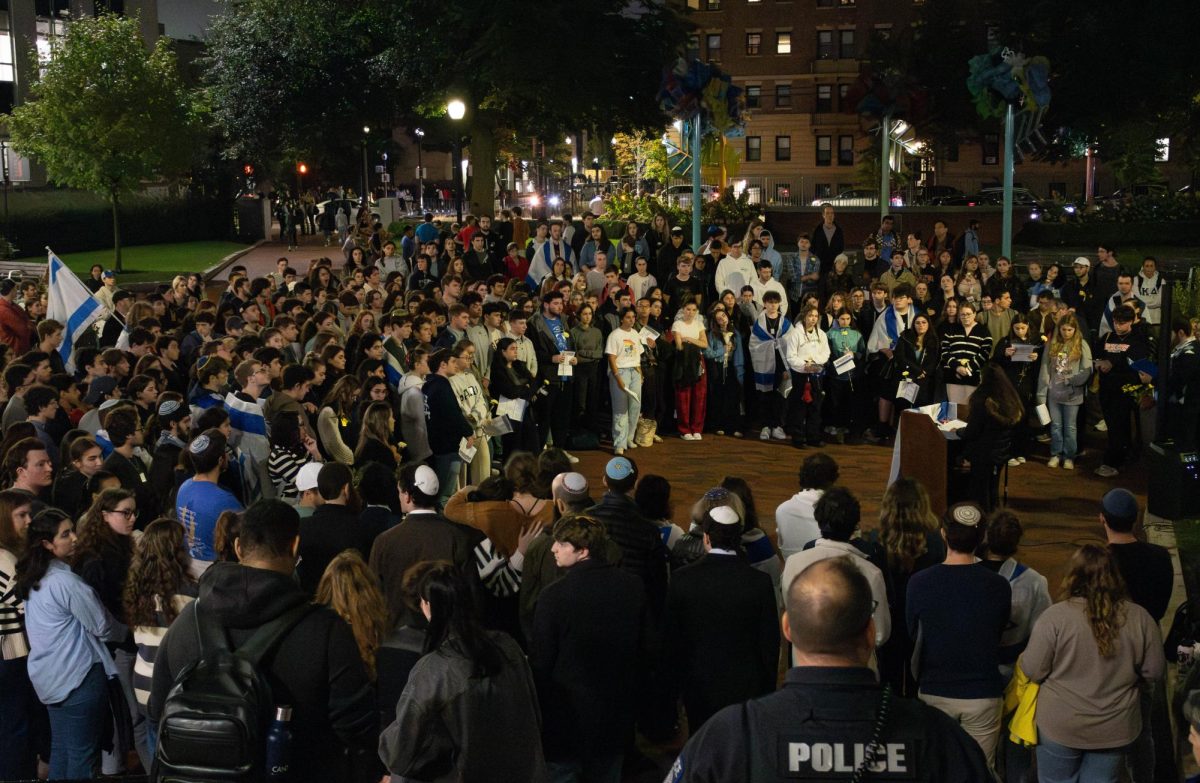By Rachel Zarrell
During the past few weeks, wildfires have spread across large stretches of California. Although the state seems far enough away to be its own country, many Northeastern students are from California.
The damage in California is the greatest in the country since Hurricane Katrina, amassing more than $1 billion in damages so far, and could grow. Yet here on campus, California students are feeling isolated from their home – and have mixed feelings about how the university is handling the situation.
Samir Berry, a sophomore behavioral neuroscience major from Anaheim Hills, Calif., said he has become used to the fires back home, but still feels nervous about the things out of his control.
“I’m mostly worried about my home because if it burns, down everything is gone,” he said.
Other students whose homes are not directly near the fire still feel isolated because of the distance between Boston and California.
“This year is the first year I’ve actually heard of so much damage. I feel like it’s not even my home anymore,” said Tiffany Syariff, a sophomore international affairs and human resources major. “People are asking me ‘So do you know anything about the fires?’ And I can’t really say much because I’m not around to see it. I can only hear about stories.”
Around campus, little has been discussed about efforts to do anything to counter this, said Mandy O’Brien, director of Husky Energy Action Team (HEAT).
“I haven’t noticed anybody [helping] yet, [and] I do have a number of contacts with other student group leaders,” she said. “I don’t believe that the student groups have taken any initiative yet.”
None of the West Coasters contacted had heard about or been reached by anyone on campus attempting to reach out to them.
HEAT is a member of the Generation Y alliance, a group of 20 groups on campus who each have the goal of helping a different social issue. Other than Greek organizations, though, there really is not a single group on campus that is focused toward helping in cases of disasters.
“Most student groups work with the local community,” O’Brien said. “I can’t think of a student group who would have [this] type of objective.”
While most social action groups on campus help the surrounding community, and many clubs aid with other countries, there is no organization dedicated designed to address domestic issues, O’Brien said.
Some students, like sophomore journalism major Lawrence Pious, said they feel it’s unnecessary for the school to help California.
“If there’s a really bad snowstorm [in Boston], I wouldn’t expect San Diego State to donate stuff [to Northeastern]. I don’t think Northeastern personally has anything to do with what’s going on in southern California,” Pious said.
Syariff, however, said she feels this is not as big of an issue as Katrina and does not warrant the same amount of attention.
“[It’s not] like the whole nation should get on the bandwagon and go out and help,” she said.
Yet other students feel differently. Berry, who now says he finds comfort through his friends on campus, said things were especially hard for him last year when he was trying to adjust to campus life at the same time as a large-scale fire.
“People from California are so far away; they can’t just hop on a Fung Wah bus and go home,” he said.


